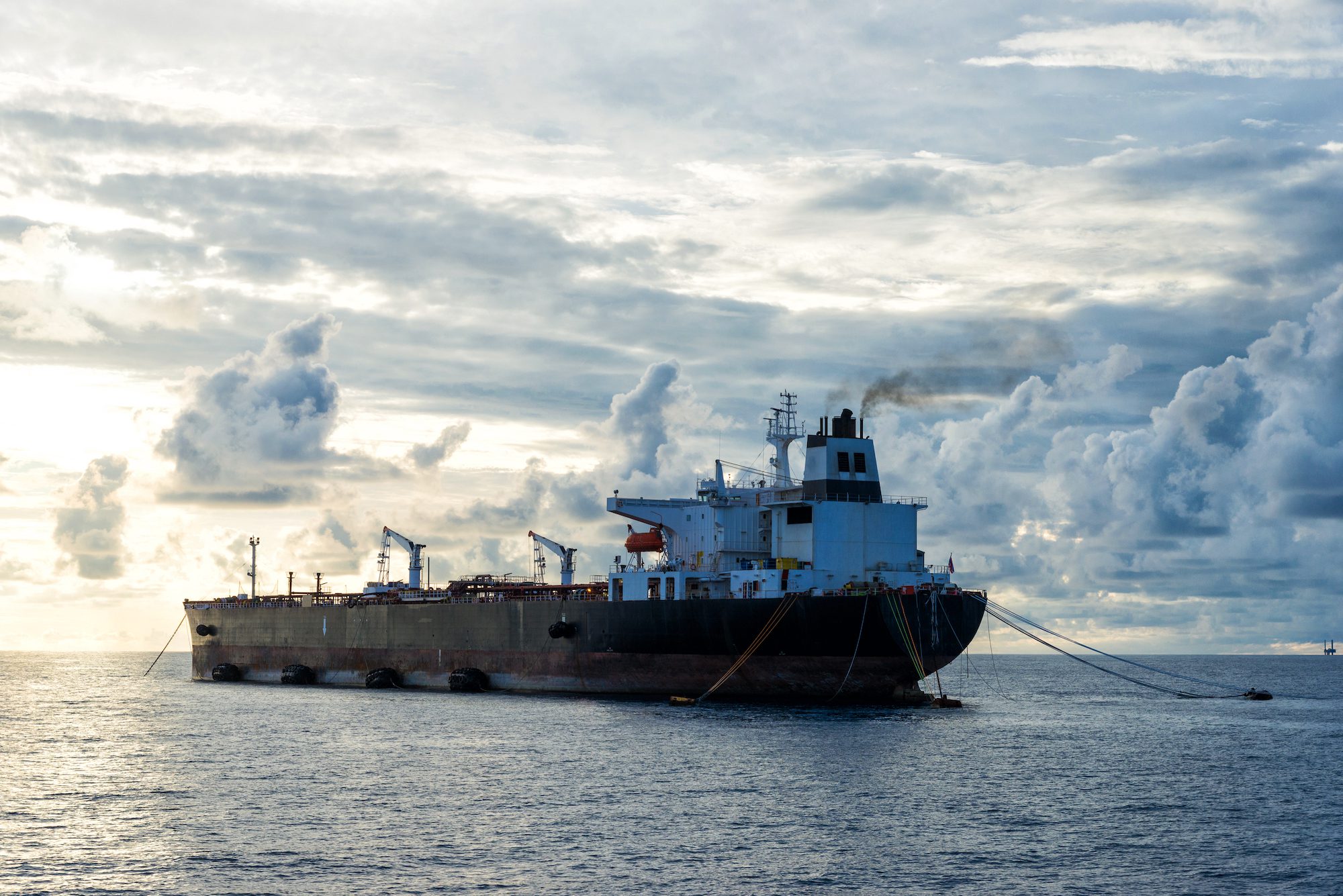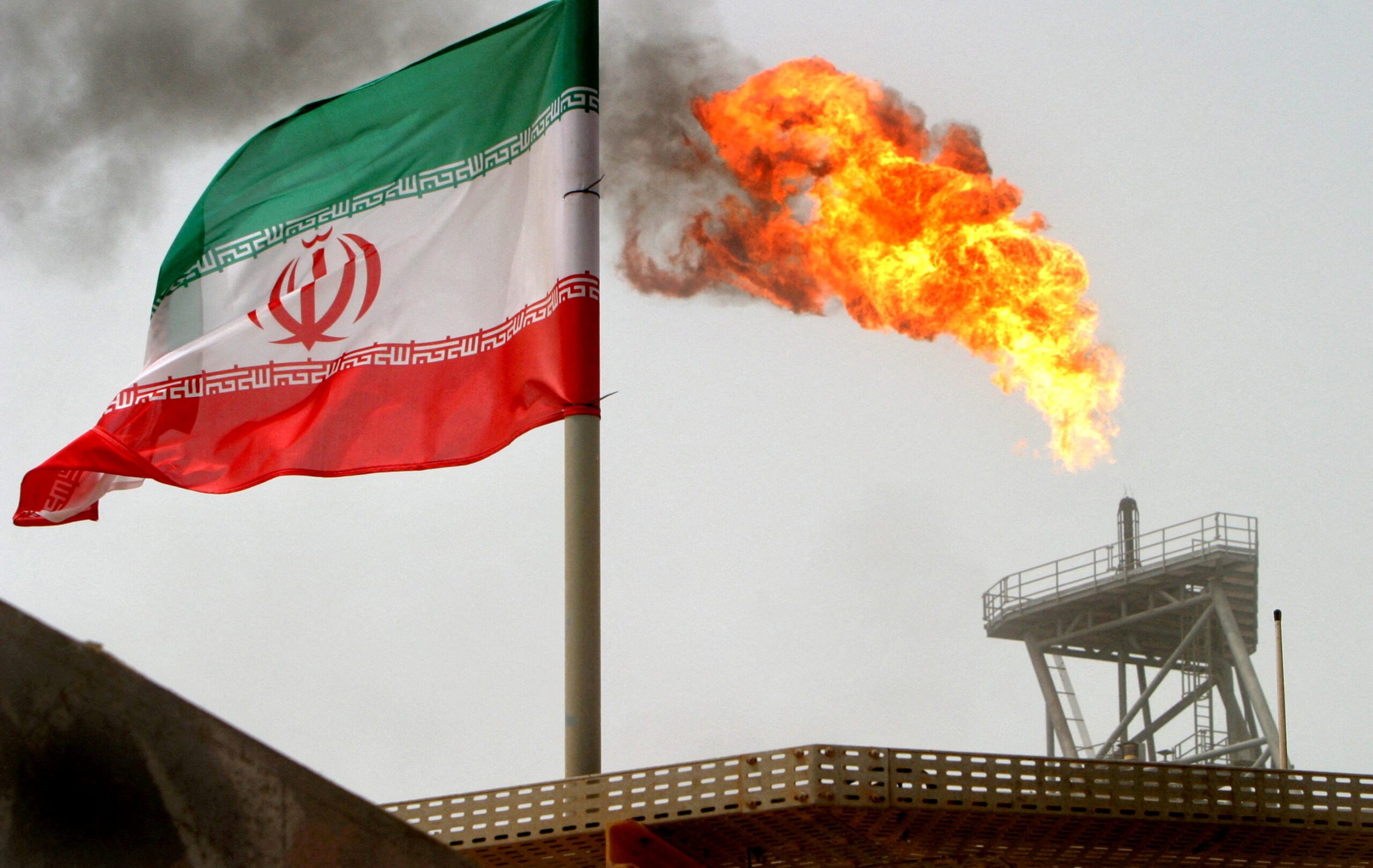(Bloomberg) —
The expanded Trans Mountain pipeline has entered commercial operation, concluding a decade-long wait for one of Canada’s largest and most controversial energy projects.
The expanded pipeline received the final regulatory clearance it needs to start shipping crude from the oil sands to Canada’s Pacific Coast on Tuesday. The pipeline was 70% full and all deliveries for shippers are subject to the new tariffs and tolls, the company said.
Trans Mountain’s startup marks the finish line for a project beset by years of delays, construction mishaps, legal battles and fierce environmental opposition. The pipeline ended up costing C$34 billion ($25 billion), more than six times the original estimate, and its start date was seven years later than originally planned.
Still, the expansion almost triples the capacity of the line to 890,000 barrels a day, vastly increasing the volume of crude that Alberta’s oil producers can ship to growing Asian markets. Those new buyers also are expected to lessen producers’ dependence on US refiners and support pricing for Canadian crude.
Cargoes off the new line are already scheduled to be shipped to China, California and India. Tankers will be able to begin receiving oil from the expanded pipeline by mid-May, Trans Mountain said.
Many residents of British Columbia and indigenous communities viewed the pipeline as a threat to the environment and fought its construction. The battle became so fraught that Prime Minister Justin Trudeau’s government bought Trans Mountain from Kinder Morgan Inc. in 2018 to save the project from cancellation.
© 2024 Bloomberg L.P.

 Join The Club
Join The Club










